Environmental Justice, Transit and Infrastructure
Climate change threatens our communities, particularly working-class and BIPOC residents who face its harshest impacts. Ward 9 has continued to suffer from pollution, but our neighbors' efforts to organize for clean air and water have created change at the government level.
I believe that we need to reimagine our local economy. We must prioritize sustainability and community health over profit. We can build a green workforce and create meaningful jobs in union and cooperative work, local food production, clean energy, community healthcare, and address environmental injustices impacting our neighbors.
I am committed to a holistic vision that aligns our climate goals with the improvement of city services, expanding transit options, implementing traffic-calming measures, improving sustainability, and addressing the disproportionate impact that environmental injustice has on our community.
What We Did:
I support the community vision for the East Phillips Indoor Urban Farm.
In 2022, I secured 8 votes to halt the Hiawatha Campus Expansion to advance this community project, but it was vetoed by the Mayor.
In 2023, I collaborated with the State Legislature and the East Phillips Neighborhood Institute to secure state funding for the roof depot site, which the city planned to demolish against community wishes.
In 2024, I introduced a motion to extend the purchase agreement timeline to September 15, 2025, allowing us more time to secure funding.
In 2025, we are working to finalize this purchase agreement. I will continue to push for this community vision.
Traffic Calming Funding: No one should have to live in fear because of the way infrastructure is designed. I have heard the growing concerns from neighbors when it comes to traffic safety. I authored a budget amendment of $1.5 million to address the backlog of over 850 traffic calming projects to make streets safer for everyone.
Street Lighting Improvements on Lake Street: Secured funding to upgrade 96 LED street lights from Lake Street and 5th to Lake Street and Cedar Ave.
Carbon Emission Fee Ordinance: Authored an ordinance to allow the city to start charging carbon fees to our city’s largest polluters. We need to do everything in our power to combat climate change.
Community Ownership and Operation Program for Urban Farming: Authored a budget amendment that will provide funding to an organization in an underserved area to purchase land with a goal to help local community growers decolonize food systems, address food insecurity and poverty, build cultural empowerment, and support youth employment initiatives.
Minneapolis Climate Equity Plan: Passed the Climate Equity Plan, setting ambitious climate and equity goals for the next decade.
Minneapolis Climate Legacy Initiative: Secured the first ever dedicated funding to combat climate change to achieve the goals set out in the Climate Equity Plan.
$1 Bus Rides Initiative: Authored a directive enabling the city to partner with the Metropolitan Council's Metro Transit to offer $1 bus rides for low-income residents through the Transit Assistance Program at the Minneapolis Service Center.
Sidewalk Snow and Ice Removal Pilots: Approved a budget amendment to pilot sidewalk snow and ice removal programs in high pedestrian areas, aiding seniors and addressing property owners who repeatedly fail to clear sidewalks.
Hennepin Energy Recovery Center (HERC) Closure: Authored a resolution supporting the closure of the HERC, recommitting the city to prioritizing its investments in a zero waste future.
Rethinking I-94 Project Resolution: Approved a resolution supporting Our Streets' efforts to prioritize people in city planning. I endorse the vision of a multi-modal boulevard that revitalizes neighborhoods and addresses reparative justice concerns along the corridor.
Banned New Fur Shops: Authored a policy to prohibit new fur stores in Minneapolis, addressing animal cruelty and mitigating environmental impact from fur production.
Required Expansions to Prevent Environmental Impact: Approved an ordinance requiring polluting expansions to mitigate their environmental impact, a significant win for environmental justice advocates in Phillips and the Northside and Southside Green Zones.
Electrical Vehicle Stations: Approved $700,000 for charging station design and construction in 2023, with an additional $730,000 allocated for stations across Minneapolis in 2024, and $154,609 in 2025.
In 2022, we made significant investments in the Southside Green Zone:
Lead Poisoning Initiative: $3 million to eliminate childhood lead poisoning in high-risk homes.
Green Cost Share Program: Over $2 million to support property upgrades that enhance the environment in Green Zones.
Weatherization: $1 million for efforts to improve home efficiency, reduce bills, and lower carbon footprints for low-income residents.
Climate Resiliency Initiative: $1 million to maintain trees and address heat islands in environmentally disadvantaged areas.
Intergovernmental Relations: Authored and passed an amendment to the City Legislative Agenda to explore fare-free programs and support bonded investments for purchasing the Smith Foundry.
Looking Ahead:
Traffic Calming: Expand funding for the Neighborhood Traffic Calming Program.
Accountability with Utility Companies: Hold CenterPoint and Xcel accountable to doing their part in helping the City meet its climate goals.
Green Infrastructure: Prioritize walking, biking, transit riders, and green transit infrastructure.
Weatherization of Homes: Ensure all homes, starting in the Green Zones and aging rental housing are weatherized.
Weather Disaster and Extreme Temperature Plan: Prepare Minneapolis by expanding warming and cooling stations for the houseless and establishing a local emergency plan for climate change disasters.
Implement the Minneapolis Climate Equity Plan: Support ramping up of the plan and oversight to ensure its success.
Guarantee comfortable, affordable, and carbon free buildings for all of Minneapolis by 2030.
Reduce the racial wealth gap by creating access for communities of color to family-sustaining jobs in the growing green economy.
Ensure every person has a safe, healthy and climate-resilient neighborhood connected by accessible, carbon-free transportation.
Create a robust dedicated funding stream to make bold climate justice policy a reality.
